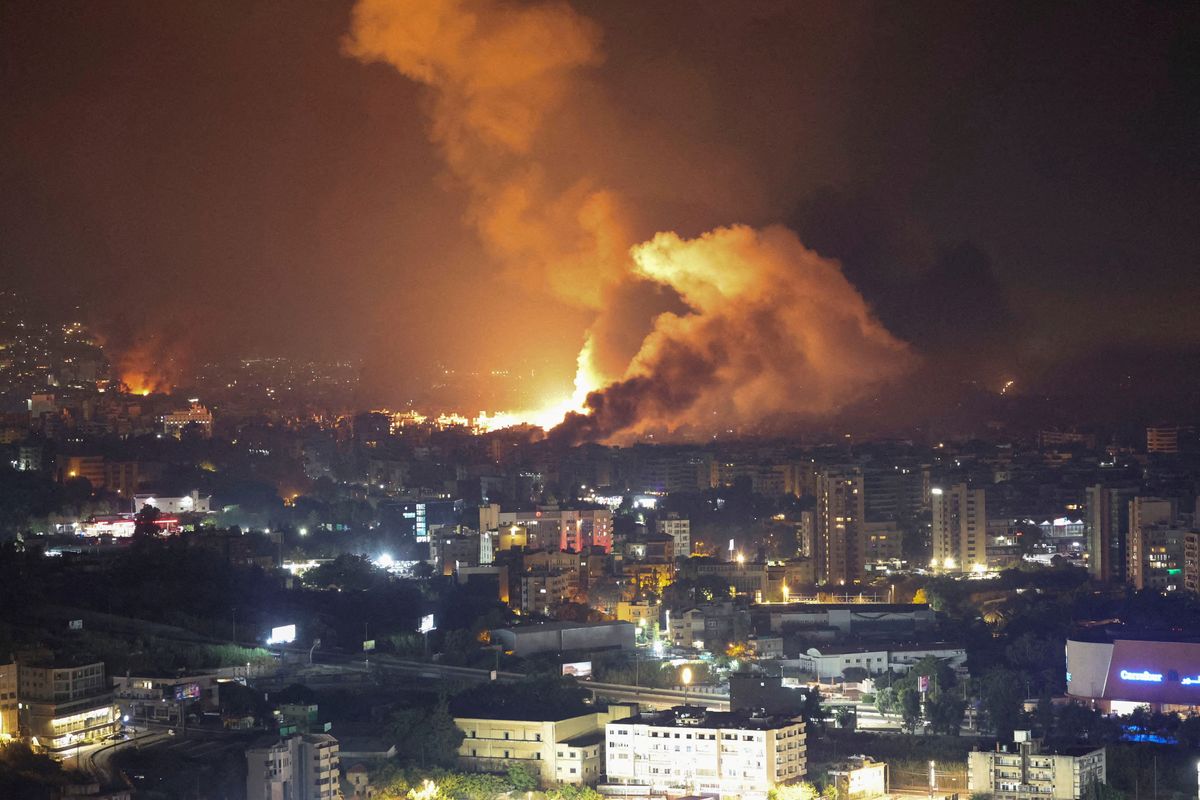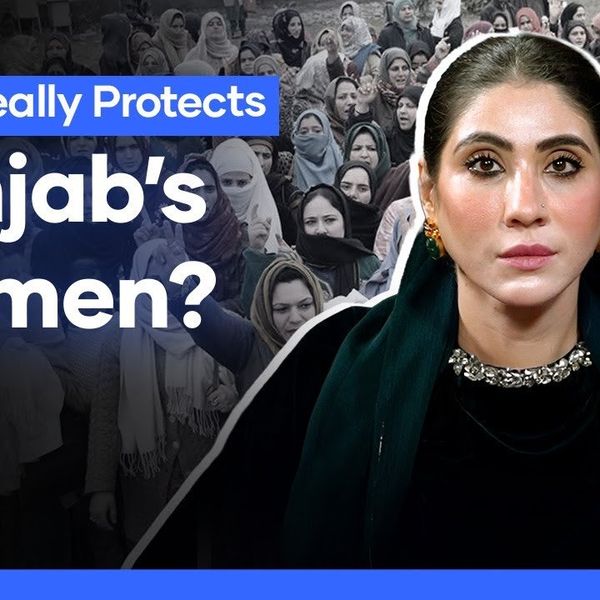Israel targets Hezbollah's central headquarters in Beirut suburbs
Israeli army says it also eliminated head of Hamas network in southern Syria
Reuters
News Agency Partner
Reuters is a leading source of news and information, delivering fact-based reporting and expert analysis on international events and trends.

Smoke billows following Israeli strikes over Beirut's southern suburbs, amid ongoing hostilities between Hezbollah and Israeli forces, as seen from Sin El Fil, Lebanon, September 28, 2024
Reuters
Lebanese health authorities confirmed six dead and 91 wounded in the initial attack on Friday
News outlet Axios cites an Israeli source as saying Hezbollah leader Sayyed Hassan Nasrallah was the target
Nasrallah is alive, Hezbollah source tells Reuters
Israel mobilizes three reserve battalions amid escalating conflict with Hezbollah
A wave of air raids hit Beirut's southern suburbs early on Saturday as Israel stepped up attacks on Hezbollah, after a massive strike on its command center that apparently targeted leader Hassan Nasrallah.
Witnesses heard more than 20 airstrikes before dawn on Saturday. Abandoning their homes in the southern suburbs, thousands of Lebanese congregated in squares, parks and sidewalks in downtown Beirut and seaside areas.
The Israeli military said in a statement that it had killed the commander of Hezbollah's missile unit, Muhammad Ali Ismail, and his deputy Hossein Ahmed Ismail.
In a latest development Israeli army said on Saturday that it had also eliminated the head of the Palestinian Hamas's network in southern Syria, whom it referred to as Ahmad Muhammad Fahd, overnight on Friday.
Israel's military said on Saturday it has mobilized three reserve battalions to bolster its Central Command defense amid escalating conflict with Hezbollah in Lebanon.
On Friday the Israeli military targeted Hezbollah's central headquarters in Beirut's southern suburbs in an attack that shook the Lebanese capital and sent thick clouds of smoke over the city.
The news outlet Axios cited an Israeli source as saying Hezbollah leader Sayyed Hassan Nasrallah was the target of the strike and that the Israeli military was checking if he was hit.
A source close to Hezbollah told Reuters that Nasrallah is alive, while Iran's Tasnim news agency also reported he was safe.
Lebanese health authorities confirmed six dead and 91 wounded in the initial attack on Friday - the fourth on Beirut's Hezbollah-controlled southern suburbs in a week and the heaviest since a 2006 war.
The toll appeared likely to rise much higher. There was no word on casualties from the later strikes. More than 700 people were killed in strikes over the past week, authorities said.
Hezbollah's al-Manar television reported seven buildings were destroyed. Security sources in Lebanon said the target was an area where top Hezbollah officials are usually based.
Hours later, the Israeli military told residents in parts of Beirut's southern suburbs to evacuate as it targeted missile launchers and weapons storage sites it said were under civilian housing.
Hezbollah denied any weapons or arms depots were located in buildings that were hit in the Beirut suburbs, the Lebanese armed group's media office said in a statement.
The Israeli military said it had carried out a "precise strike" on Hezbollah's headquarters which it said were "embedded under residential buildings in the heart of the Dahiyeh in Beirut".
Israel has struck the southern suburbs of Beirut, known as Dahiyeh, four times over the last week, killing at least three senior Hezbollah military commanders.
But Friday's attack was far more powerful, with multiple blasts shaking windows across the city, recalling Israeli airstrikes during the war it fought with Hezbollah in 2006.
In a televised statement, Israeli military spokesperson Daniel Hagari said the central command centre was embedded deep within civilian areas.
The strikes hit Beirut shortly after Israeli Prime Minister Benjamin Netanyahu vowed to continue Israel's attacks on Lebanon in a closely watched United Nations speech, as hopes faded for a ceasefire that could head off an all-out regional war.
It was by far the most powerful attack carried out by Israel in Beirut during nearly a year of conflict with Hezbollah. Security sources in Lebanon said the attack targeted an area where top Hezbollah officials are usually based.
Also read: Lebanon renews calls for ceasefire as Israel targets Beirut suburbs
The conflict between Israel and Hezbollah has escalated sharply this week, with Israeli airstrikes killing more than 700 people in Lebanon. The escalation has raised fears of an even more destructive conflict between the heavily armed adversaries.
Speaking the U.N. General Assembly yesterday, Netanyahu said: "As long as Hezbollah chooses the path of war, Israel has no choice, and Israel has every right to remove this threat and return our citizens to their homes safely."
"Israel has been tolerating this intolerable situation for nearly a year. Well, I've come here today to say enough is enough," he said.
Several delegations walked out as Netanyahu approached the lectern.
This week's escalation has displaced around 100,000 people in Lebanon, increasing the total number of people uprooted in the country by the conflict to well over 200,000.










Comments
See what people are discussing